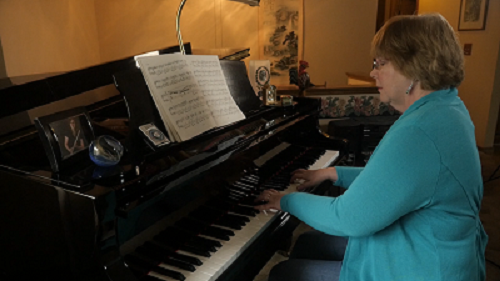Equipment

Today's technology provides ample equipment solutions for those who are experiencing age-related hearing loss.
There is a Home Modification Checklist available for you to use to assess your home environment for challenging areas. The checklist will help guide you towards solutions that may work for you.
You may find the following list of equipment and resources helpful.
